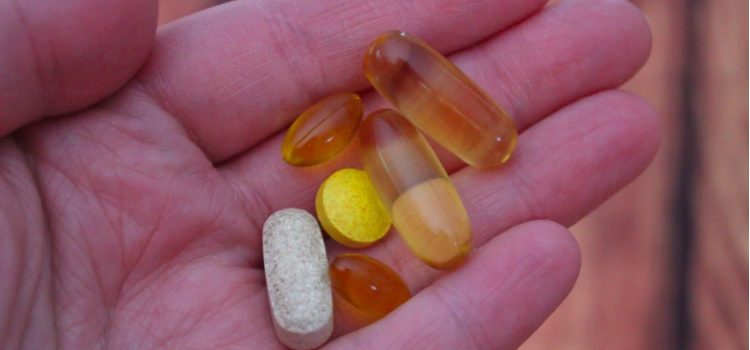You’ve heard that carrots are a food that’s good for your eyes. Are there other foods that keep your eyes healthy? And how they work to prevent vision problems? We’ll cover two common eye problems, macular degeneration and cataracts, and examine the research on how your diet affects your risk. Then, we’ll look at the best foods for eye health.
7 Foods That Research Shows are Good For Eyes










